Apple is compelled to sell all mobile devices with USB C charging ports, which means that the corporation will stop selling older iPhones with Lightning connectors in EU countries starting next week. The action was taken because Apple is being forced to use USB C for its devices due to strict EU tech regulations. In nations like Switzerland, changes might happen sooner.
Starting on December 28, Apple will not be able to sell previous-generation iPhones with lightning connectors in EU countries due to a regulatory change by EU regulators that requires all mobile devices to have USB C charging ports. Apple plans to discontinue iPhone models next week, while some nations, like Switzerland, may see earlier reforms as a result of EU tech regulations requiring the use of USB C.
Also Read: YouTube is testing the ‘Play something’ FAB button for Android users
Current owners of iPhone 14 and iPhone SE devices can keep using their devices until they function properly because to the company’s quick updates to its charging standard-supporting goods. Until the government of India passes a law similar to that of the EU, these models will be accessible through various platforms.
In order to adhere to new EU regulations, Apple plans to discontinue other lightning-based gadgets from its range. Before 2025, the iPhone SE 2022 model and the iPhone 14 series will be discontinued. Authorised resellers of Apple will maintain inventory. With the iPhone SE 4 model expected to debut in early 2025, the business is also switching to USB-C for all of its devices. Keep in mind that the iPad Air, iPad Pro, and Mac are all USB-C devices. Also, the current generation of iPhones uses a USB port instead of a lightning port.
Also Read: OnePlus 13, OnePlus 13R price in India leaked ahead of upcoming launch
Laptops, e-readers, earbuds, keyboards, computer mouse, and portable navigation systems are all covered, in addition to smartphones, tablets, digital cameras, headphones and headsets, handheld gaming consoles, and portable speakers.
Prior to the implementation of EU guidelines in 2022, Apple was the most outspoken opponent of the law, relying mainly on its proprietary Lightning port on the iPhone and some iPads.
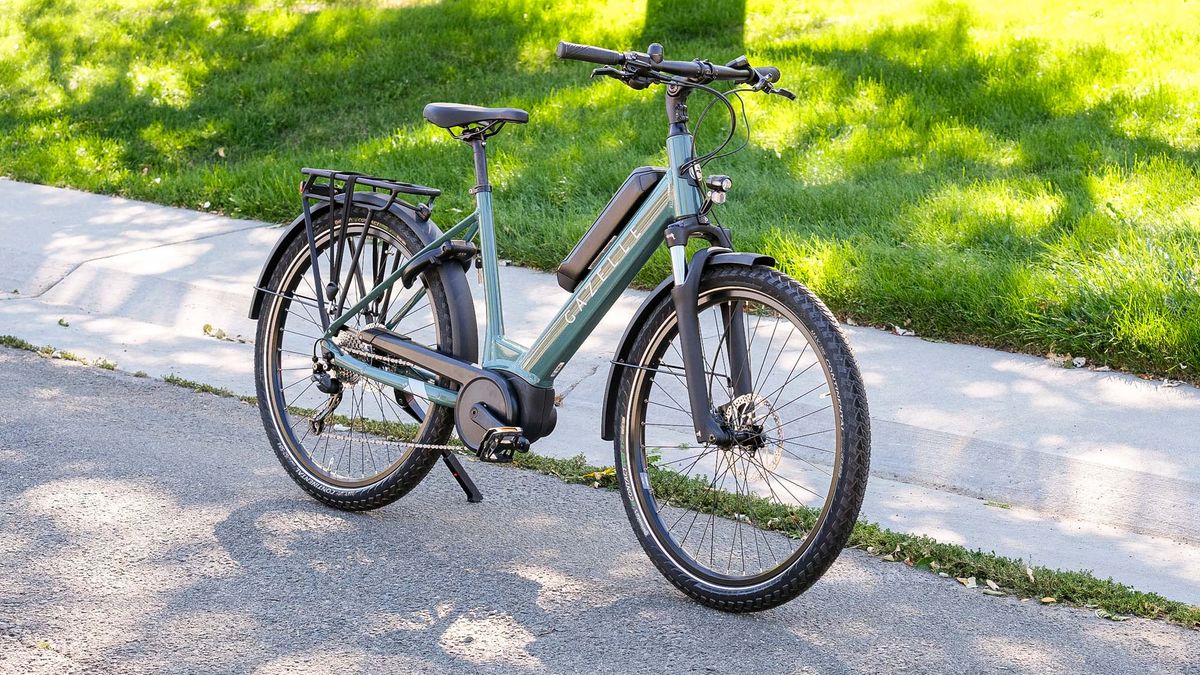


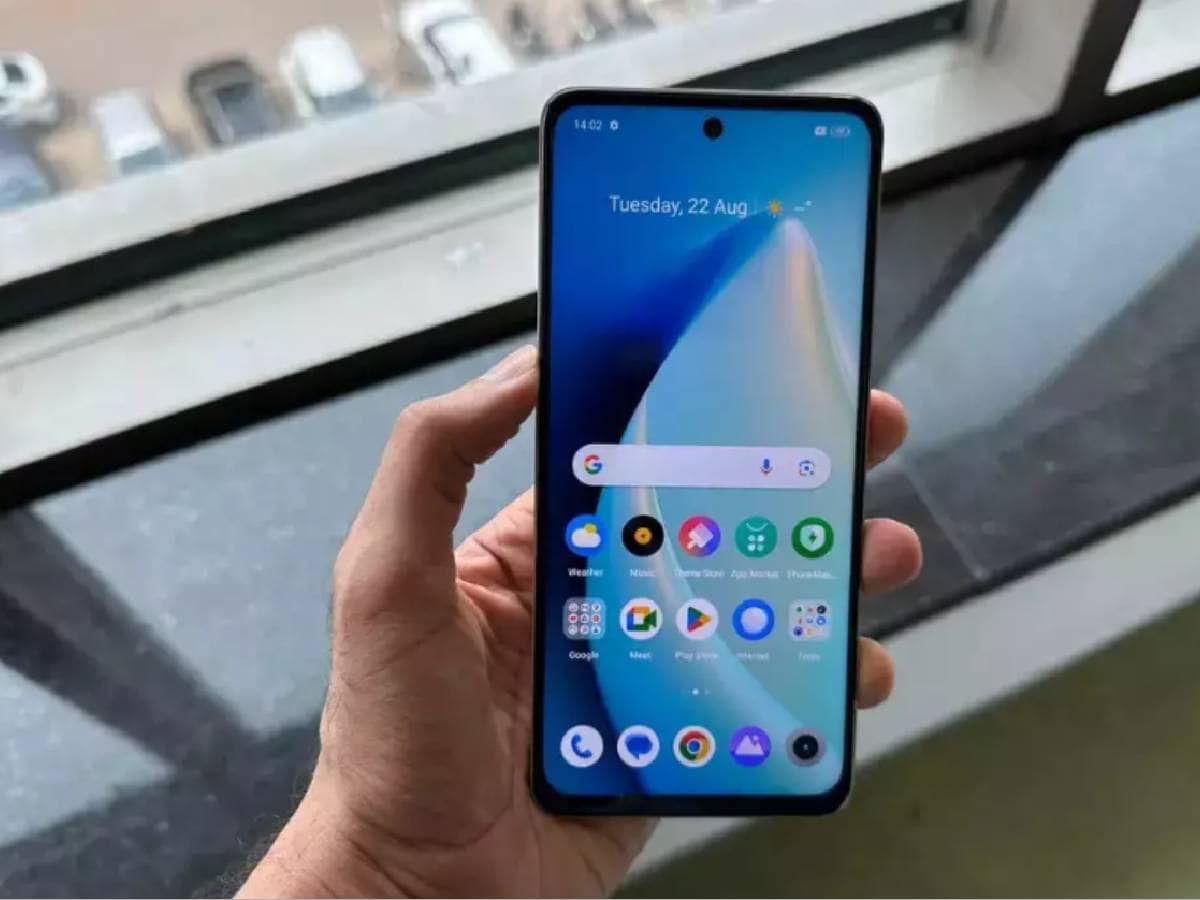


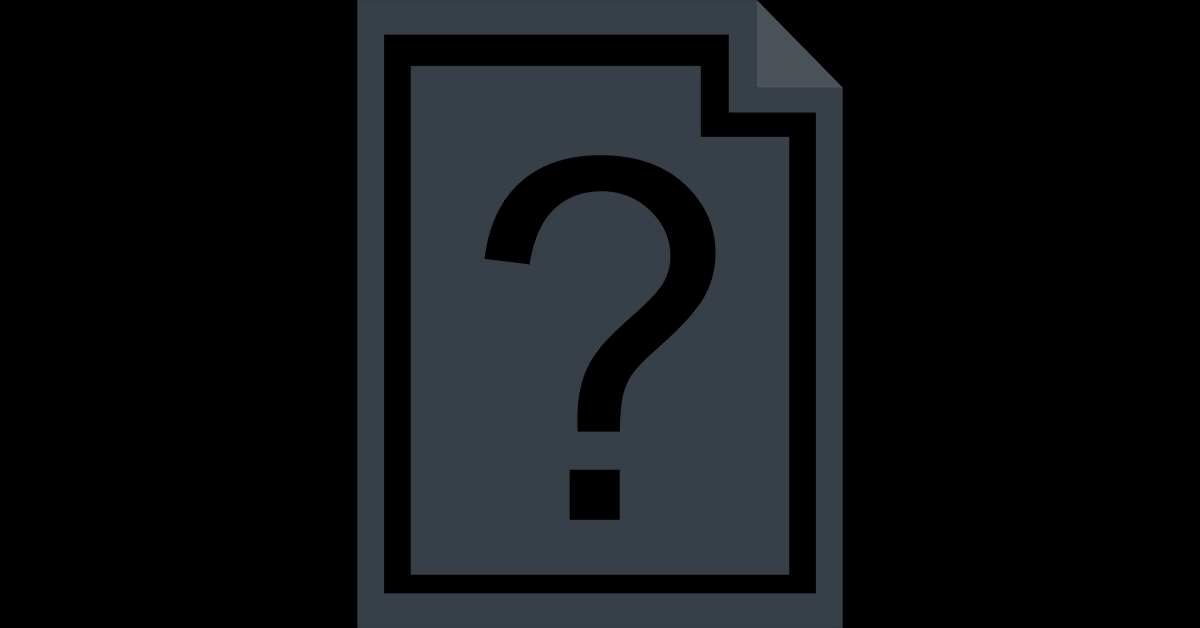

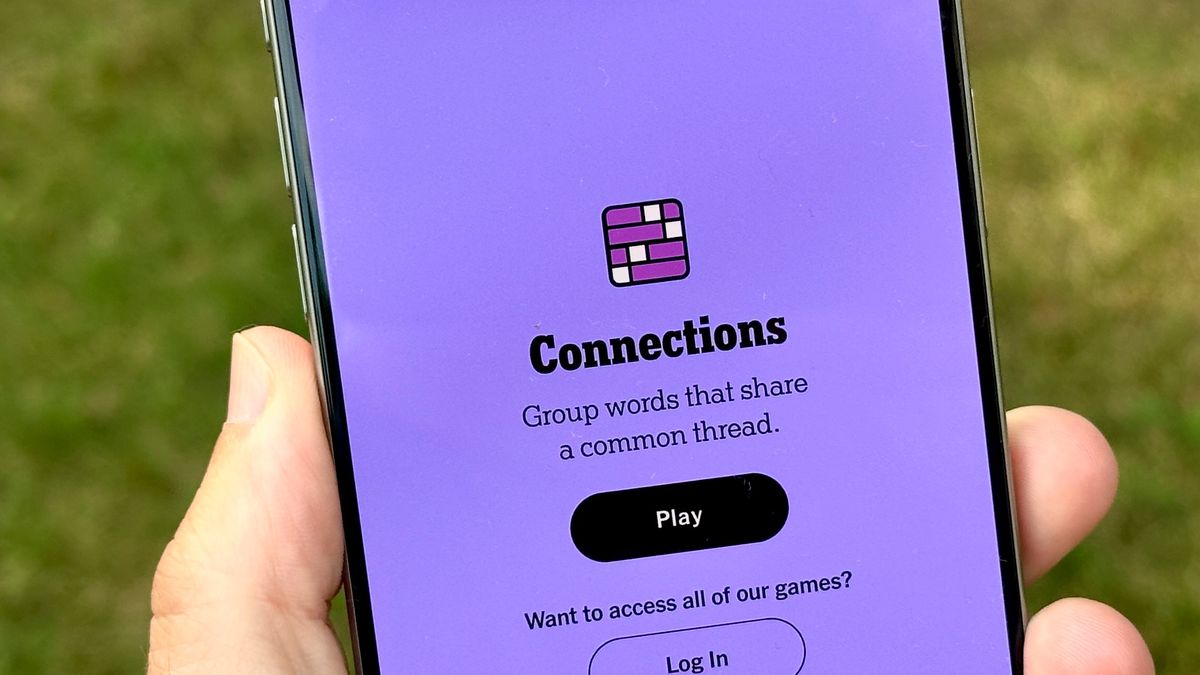
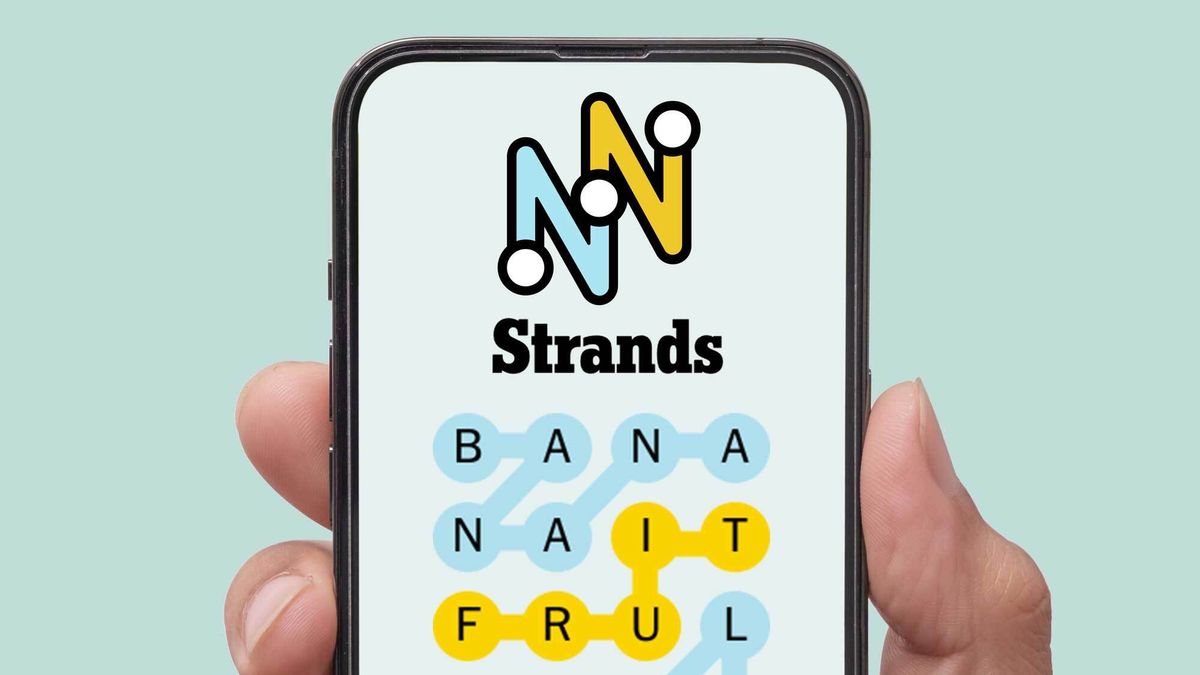









:quality(85):upscale()/2024/04/24/878/n/3019466/36c5693c662965c5d1ce91.72473705_.jpg)
 English (US) ·
English (US) ·